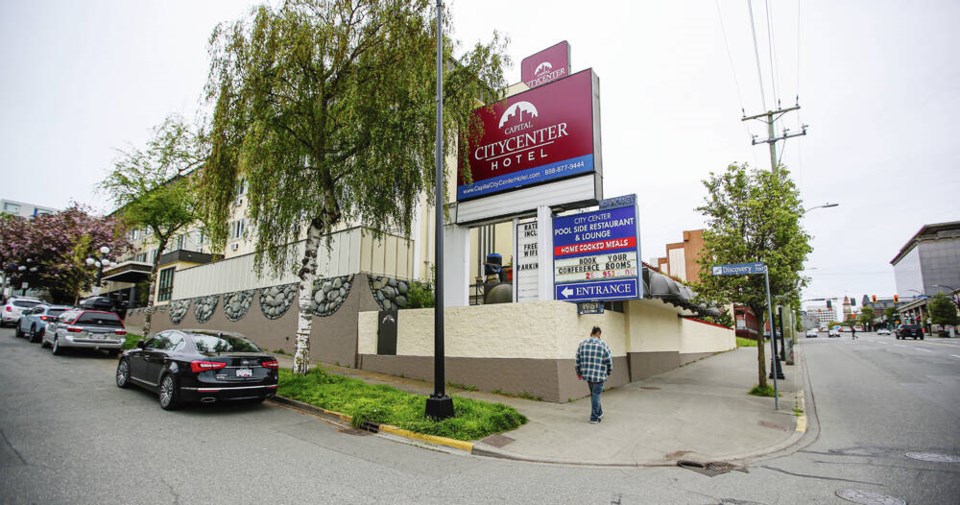I was dumbfounded to read of the auditor general’s report that all the recent purchases of Victoria properties, to be used as social housing, were at or below market/appraised value.
Firstly, “market value” is supposed to reflect what a knowledgeable arms-length buyer in an open market is willing to pay, and a seller is willing to accept, for a property.
“Assessed value” is what B.C. Assessment calculates a property to be worth, using a series of computer models (and that becomes the basis for the property tax applied to that property by a municipality).
“Appraised value” is what a professional appraiser calculates the value of a property to be, using a series of tests to arrive at an estimated value.
After many years in business (22 of them as a Victoria real-estate agent) I rarely saw an appraisal that was worth the paper it was written on. I could cite many unsavoury reasons for this, but one of them is that appraisals are too often conducted after a deal has been negotiated, and the obvious tendency is to conclude that if that’s the price a buyer is willing to pay, and a seller accept, then that is what it must be worth.
Appraisals are too often used to “paper” a file at a bank, corporation or bureaucracy in order to provide evidence that the agreed-on price was justified. (Banks use them for that purpose all the time, when agreeing to provide mortgage financing. That is one of the fundamental reasons our property values are skyrocketing. One can offer virtually any outrageous price on a property they choose and, regardless of how far it is above its “true” value, the banks will provide a mortgage, as long as they get an appraisal to provide justification to their insurers, after the fact.)
The Russell Street purchase of an old warehouse in Vic West is a fascinating case of an owner trying to sell the property in an open market, at a price of $3.4 million. It was professionally marketed by real-estate agents and they couldn’t find a buyer at that price, so it was taken off the market.
A year later, the provincial government paid $9.6 million. And the auditor general thinks that is just fine … because the appraisal the government called for agreed with that valuation. Really? Interesting.
It was then renovated for the use of 40 homeless occupants, for a period of 18-24 months. The operating cost was to be approximately $2 million per year. That meant the purchase cost was $235,000 per unit, not including the renovation or operating costs. The total is likely in the range of $14 million to $15 million for the two years. You could rent 40 rooms at the Empress Hotel for far less than that.
The Capital City Centre hotel was purchased last year for $25.2 million. Now they’re going to tear it down.
My family built and owned that hotel (formerly the Imperial Inn), along with the Elworthy and Manning families. I helped build it and worked in it. I don’t know what the operating and repair costs have been, but by the time it’s demolished it will bring the purchase cost of the site to about $30 million. And the auditor general thinks that is all OK ? (In the meantime, it, and Paul’s Motor Inn across the street, have created commercial havoc in that neighbourhood. Just ask the White Spot and others).
Perhaps the auditor general should look at the assessed values his own government priced these properties at, and get the opinions of the commercial real-estate agents who actually know what these properties should have sold for, rather than rely on after-the-fact appraisals.
We’d be talking about a very different, and very interesting, story.



